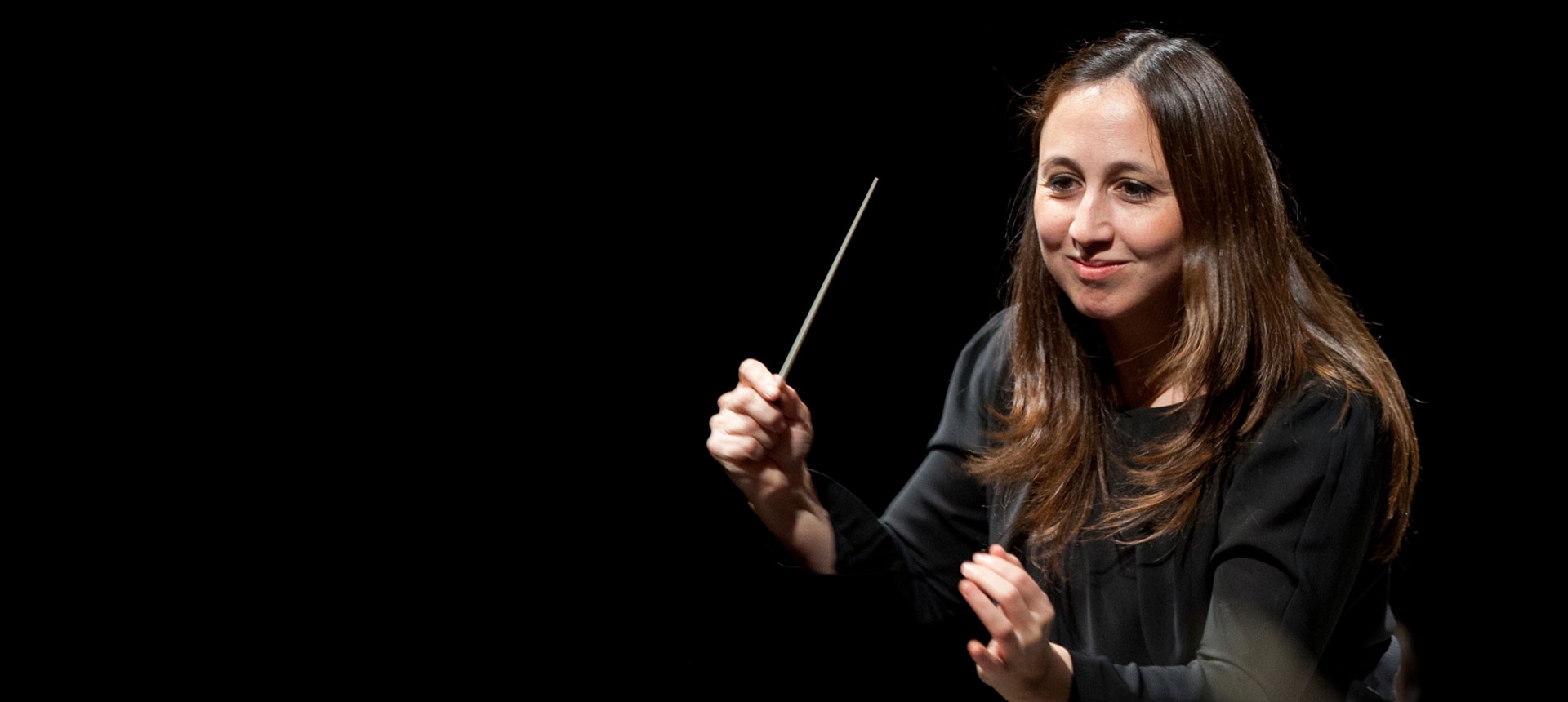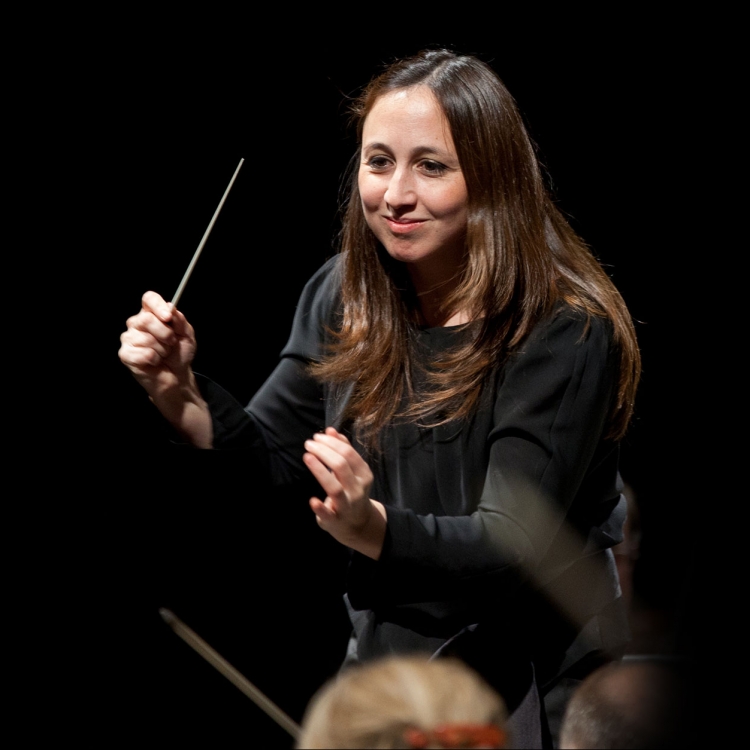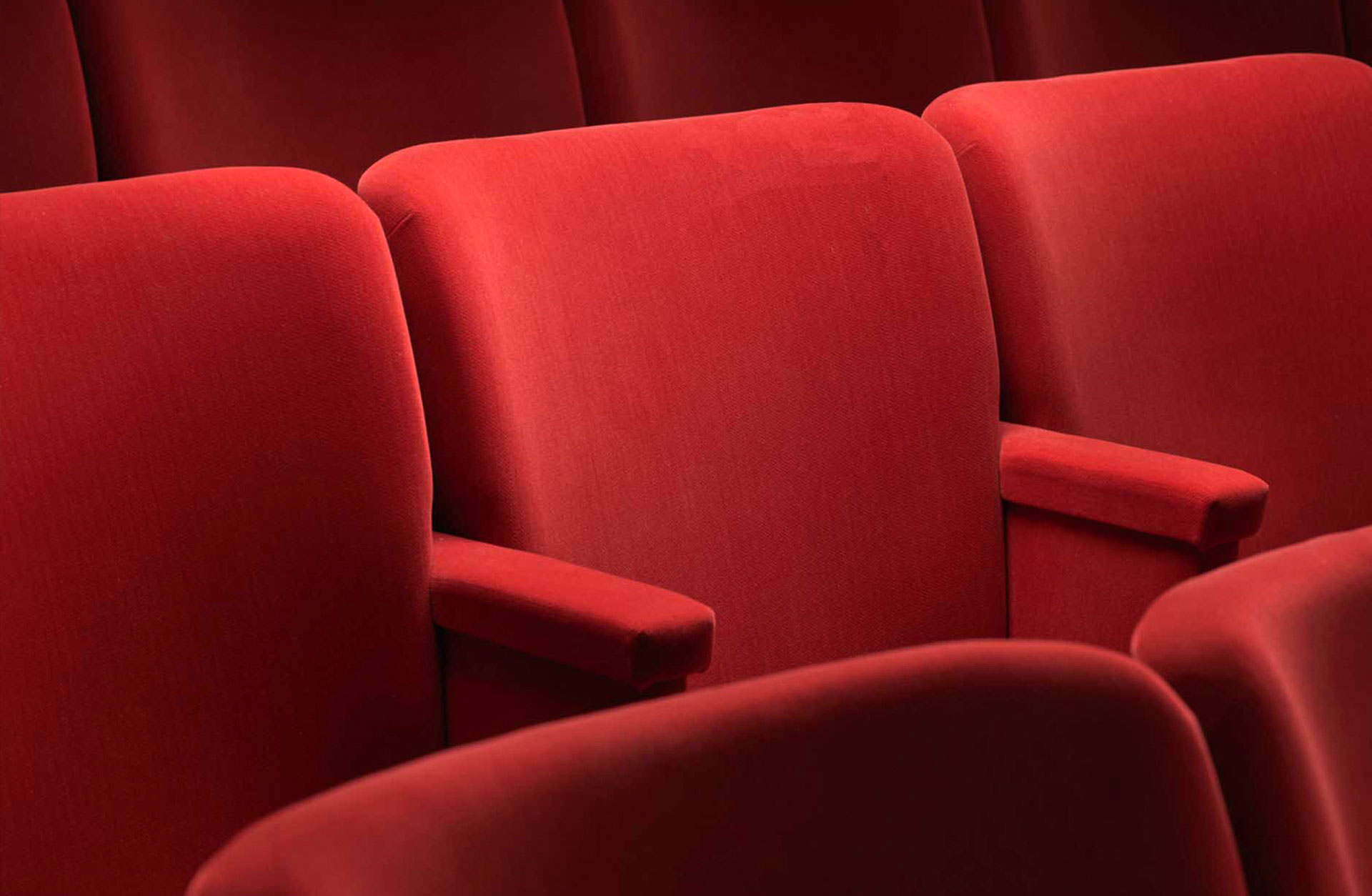Cart
Your cart is empty
Your cart is empty
List is empty
Press ESC to close the search field



Event has already taken place. World premiere with Gothenburg Symphony Orchestra, conductor Joana Carneiro, Gothenburg Symphony Choir, Mari Eriksmoen soprano and Anders Larsson baritone.
Albert Schnelzer is one of Sweden’s most acclaimed composers. To celebrate the city of Gothenburg’s 400th anniversary he has composed a large oratorio for orchestra, choir and soloists, and now it is finally time for the world premiere!
The theme of Schnelzer’s oratorio Salt is the sea, which can be full of promise and exciting, but also frightening. The soprano represents the sea, and the baritone soloist represents mankind and the migrant. The lyrics are taken from poems by, among others, Karin Boye, Dan Andersson and Edith Södergran, and musically there are references to works such as Debussy’s La Mer.
– The specific thing about Gothenburg is its immediate proximity to water and sea. A city that has been a hub for both trade and travel throughout its history, not least through American travelers. What was universal in this was water and the sea as a symbol of something both promising but also big and sometimes scary, says Albert Schnelzer.
The oratorio was commissioned by the Gothenburg Symphony Orchestra to celebrate the city of Gothenburg’s 400th anniversary in 2021.
During this concert, which is rich in contrast, we also hear John Adams’ Doctor Atomic Symphony, which is about the testing of the first atomic bomb, and Samuel Barber’s meditative Adagio.
The orchestra is led by the internationally acclaimed conductor Joana Carneiro.
Get to know the composer Albert Schnelzer.
Take a seat in the Great Hall one hour before the concert begins and learn more about the music you will soon experience! You will get the stories behind the music, knowledge of the composers and own reflections about the classical pieces. The introduction last for about 30 minutes, it is free and free seating in the hall. Warm welcome!

Here you will find all the necessary information that you need to know about before your magical visit in the Concert Hall.
Invite yourself or someone you like to an experience for all the senses. Welcome to visit the Concert Hall's restaurant or one of our foyer bars.